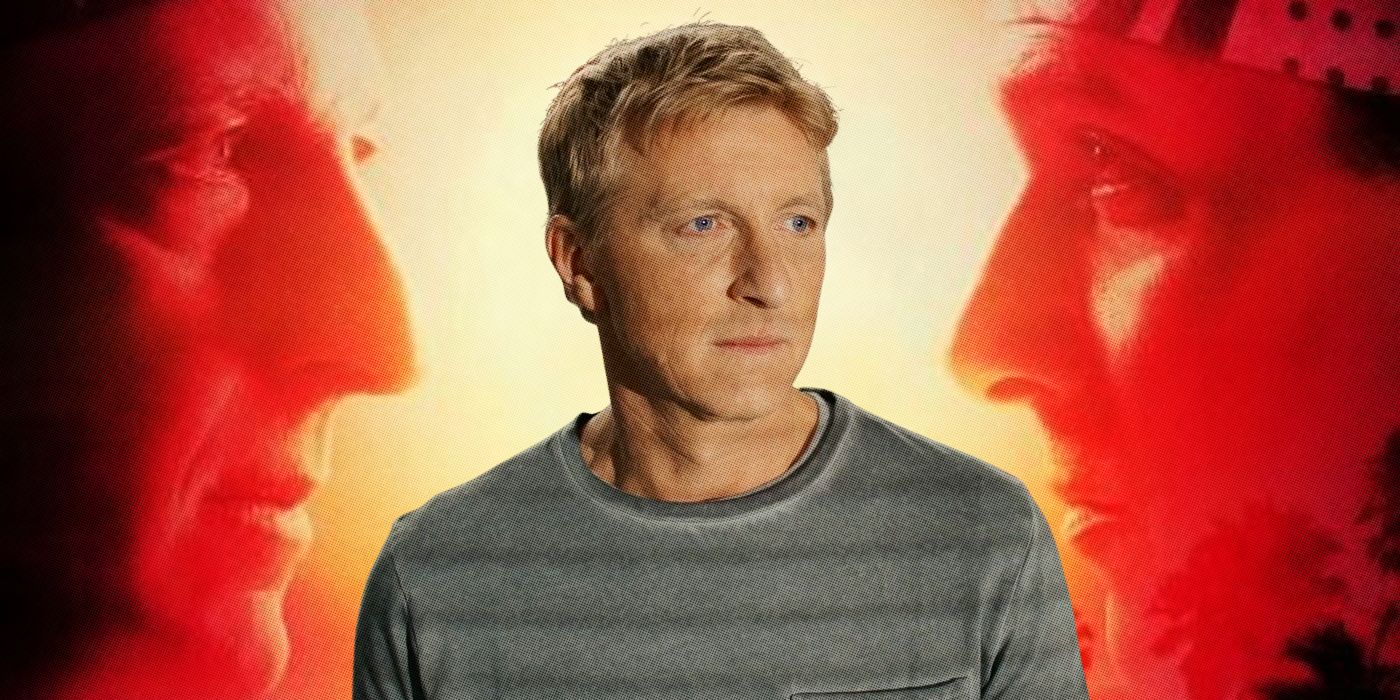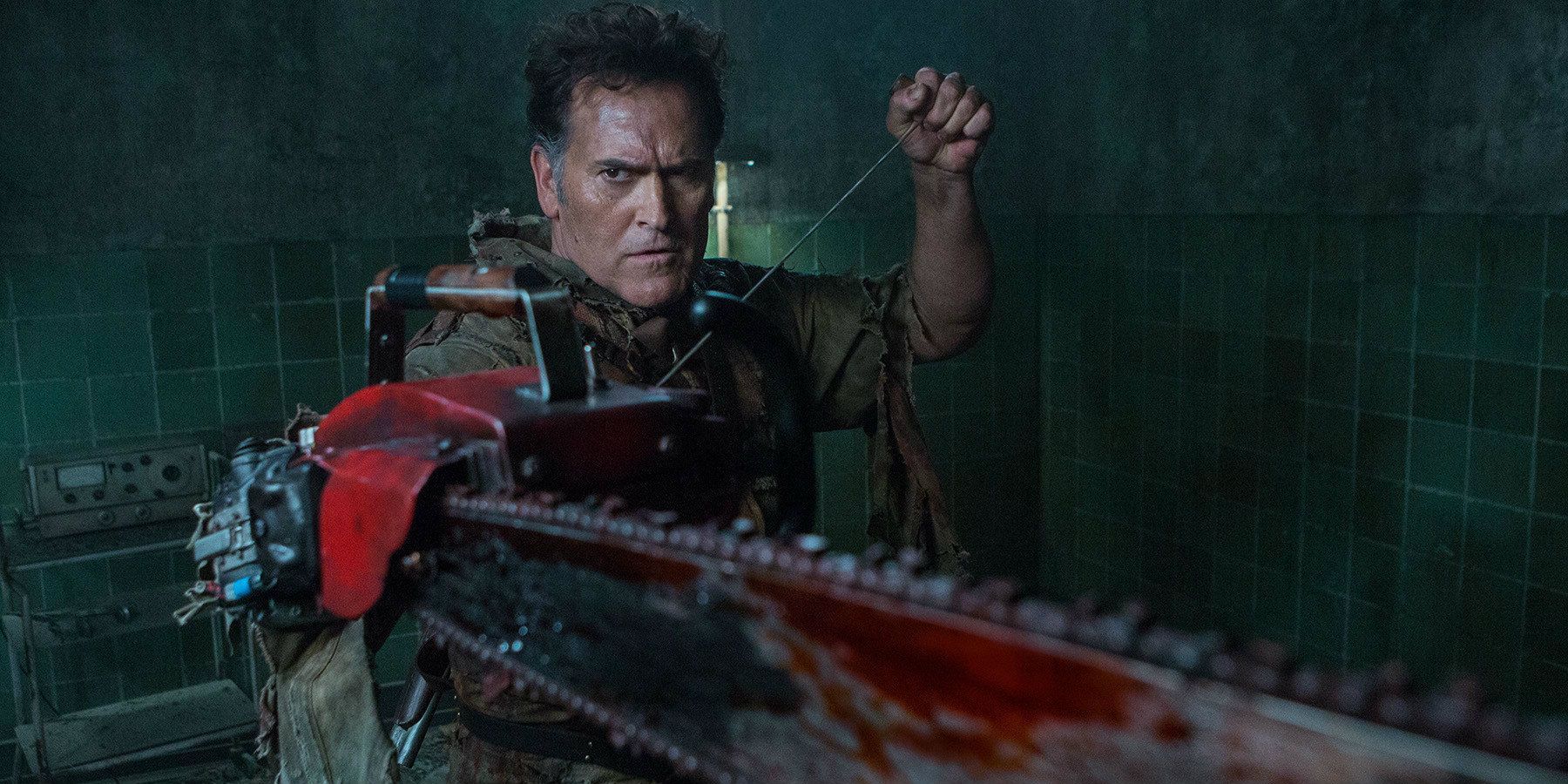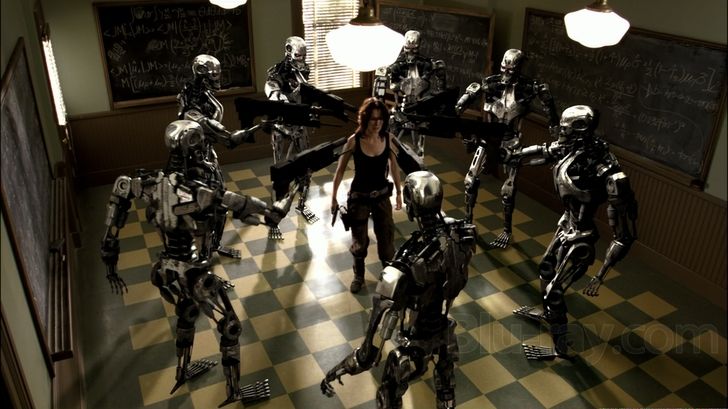Invariably, a movie will come along that a television executive sees and thinks, “hey, we can make a TV adaptation of that!” Then, after decisions are made about that series – does it continue the story from the film, is it a prequel to the film, is it true to the material, is it off on its own tangent – millions of dollars are poured into production, and then comes the moment of truth. The season premiere.
Some succeed, like Willow and Cobra Kai, some start strong and fall off (The Young Indiana Jones Chronicles), and others just dead on arrival. And there are a lot of those: Dirty Dancing, Ferris Bueller, and more. So what dictates if an adaptation for TV is going to work? Well, if there is a formula as to how to make these series successful 100% of the time, it hasn’t been found yet. But for kicks and giggles, let’s give it a go.
TV Adaptations of Movies: The Elements of Success
Successful TV adaptations do share a number of commonalities. For starters, they stay true to the spirit of the film. The 1980 film Fame followed the lives of a group of students attending New York's High School of Performing Arts, from their freshman year to graduation. It was adapted as a series that ran from 1982 to 1987, and like its big screen parent it too focused on the lives of the students at the high school, only more of them, while retaining the celebration of the arts that made the film so popular. Others stay true to the spirit while continuing the story. Take Ash vs Evil Dead, the series that ran from 2015 to 2018. It took all the absurdity, wisecracks, horror, and blood... so very, very much blood... that made the Evil Dead franchise a cult classic, and continued the story of Ash Williams (Bruce Campbell), now in his 50s, without skipping a beat.
Some share an element where they take the premise of the film but put a different spin on it that separates it from the source material. Buffy the Vampire Slayer began life as a 1992 film starring Kristy Swanson as cheerleader Buffy Summers, who learns that she is the Slayer, destined to save the world from vampires. It is a fun, if largely forgettable, film, but to say the switch to television worked out seriously undermines the impact of the Buffy the Vampire Slayer TV series. The basic concept, a cheerleader (Sarah Michelle Gellar) that becomes a vampire slayer, was kept, but otherwise expanded its scope with a deeper mythology, a diverse cast of recurring characters, an academic-level exploration of good and evil themes, and a strong female lead character that was revolutionary for its time. HBO's Westworld is another, expanding beyond the simple premise of the 1973 film — robots go bad and kill people — into something much more. Winning adaptations also don't belittle the source material, something the 10-year run of Stargate SG-1 is an excellent example of, a series that had fun with the concept of 1994's Stargate but never openly mocked it.
TV Adaptations of Movies: The Elements of Failure
In the same way, failed adaptations also share a common thread or two between them. TV series My Big Fat Greek Life of 2003 is an example of a TV series that failed because it did not stay true to the spirit of the film, in this case the immensely popular My Big Fat Greek Wedding. The uniqueness of the film, its genuine warmth, unforced comic elements that flowed naturally from the story were ditched in favor of a standard, run-of-the-mill sitcom that couldn't stand out among the others. Similarly, a 1988 adaptation of the 1987 film RoboCop didn't stay true to the satirical, ultra-violent film classic. In fact, it couldn't — RoboCop: The Animated Series was a Saturday morning cartoon for kids. That's right. The radical disparity between content and genre came about because someone watched Alex Murphy (Peter Weller) get blown to s**t, other characters get killed in ultra-violent fashion, excerpts from a show with a guy surrounded by big-breasted women and saying "I'd buy that for a dollar" and thought, "You know who would like an animated version of this? Children."
Clueless, based on the film of the same name, failed primarily because it took the wrong bits and pieces from the film as story fodder. A number of the characters reprised their roles from the film, but the show placed more focus on the looks and lingo of the world in the film and not enough on the relationships and heart of it (even ditching the Cher (Alicia Silverstone) and Josh (Paul Rudd) entirely). The people behind 1990's Ferris Bueller are guilty of a number of elements that plague failed TV adaptations, but we'll use it as an example of a TV series that tried a different direction which led to disaster. The series, based on Ferris Bueller's Day Off, of course, kept the fourth-wall breaking moments and self awareness of the film, but then tried to go meta with it, with Ferris (Charlie Schlatter) knowing that the film, based on his life, exists, and strongly dislikes his portrayal by lead Matthew Broderick, even cutting a cardboard cutout of Broderick in half with a chainsaw to show his disdain. The concept can work, but not here, where it ultimately belittles the film from whence it came. A strong commonality between failed shows is poor casting decisions. Take Uncle Buck, the beloved John Hughes film starring comedy legend John Candy as the titular character. The 1990 series - which failed so spectacularly that it was canceled before even airing all of its episodes - cast comedian Kevin Meaney as Buck. Meaney was a funny man, but no John Candy (fun fact: a second attempt at an Uncle Buck series also failed, in 2016).
The most disappointing reason for a failed TV adaptation is simply timing. Take Terminator: The Sarah Connor Chronicles. The show was really quite good, with all the pieces that would normally make a successful adaptation: it stayed true to the Terminator films and continued the story with an interesting spin on it. Where did it go wrong? The series premiered in January 2008, well after Terminator 3: Rise of the Machines in 2003, and picked up from the events of Terminator 2: Judgment Day... released in 1991. The franchise simply wasn't front of mind anymore, and the tepid response to Terminator Salvation in 2009 pointed to an overall disinterest in the franchise altogether (highlighting another negative: overestimating the love for a film/franchise).
TV Adaptations of Movies: What Have We Learned?
Would you look at that, we nailed it! Keep the feel, get a good cast, creatively reimagine the film for the small screen, and strike while the iron's hot. Easy... only it's not. Truth is, the success of a TV series adapted from film is akin to catching Bigfoot, snaring the Loch Ness Monster on your fishing line, or the proverbial lightning in a bottle. You can increase the odds, naturally, but public opinion is a tricky beast that can change instantly, so a "guaranteed hit" is never truly a guarantee. That said, it's probably a safe bet that a series stemming from Bucky Larson: Born To Be A Star Is unlikely to work at any time, ever.



